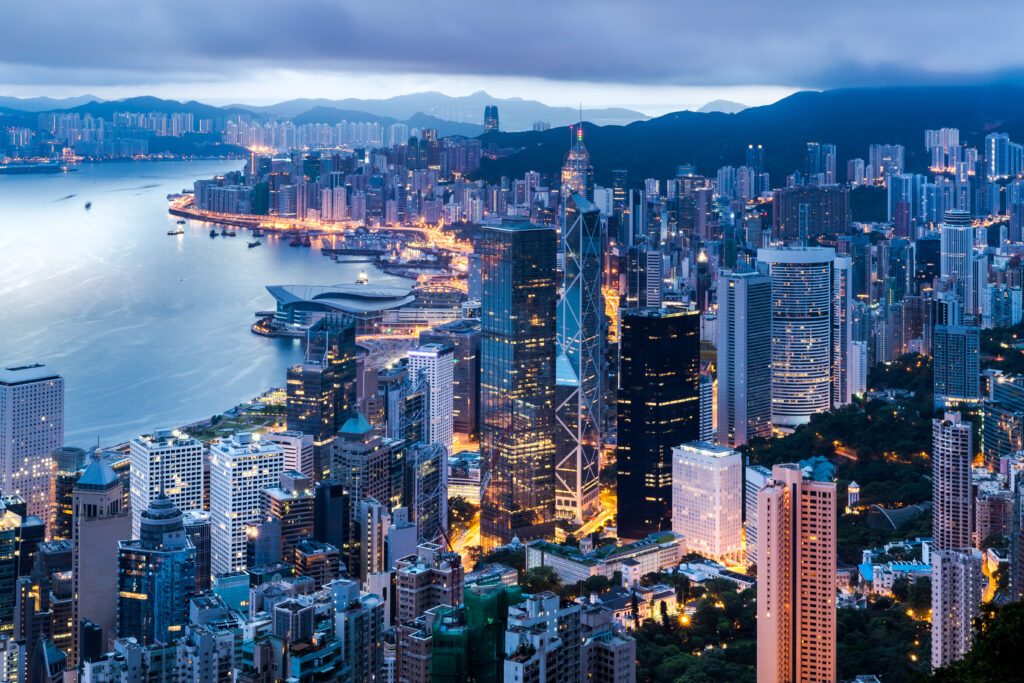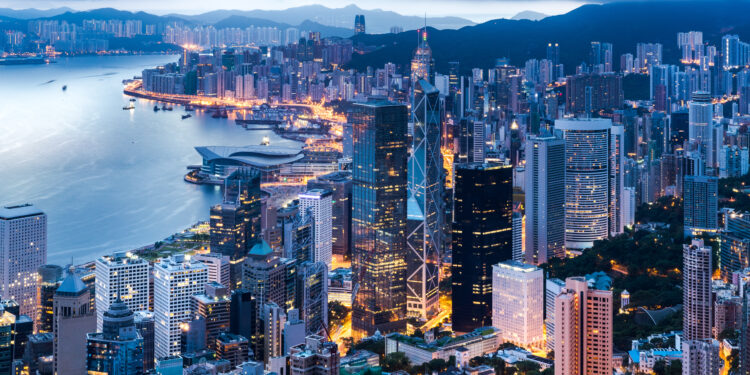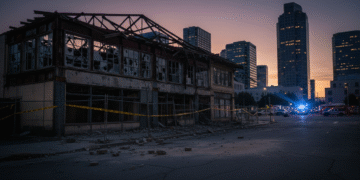The collapse of China’s former real estate titan continues to echo across the property market as creditors work to recover billions in unpaid debts.
By Gianfranco Perez
Published August 25, 2025

BANGKOK — Trading in shares of China Evergrande Group officially came to an end on Monday after the Hong Kong Stock Exchange confirmed the company’s delisting, closing another chapter in one of China’s most dramatic corporate meltdowns.
Once the second-largest property developer in China, Evergrande’s downfall has become a symbol of the country’s prolonged real estate crisis — a crisis that has shaken global markets and weighed heavily on China’s economic recovery.
The Final Delisting
The Hong Kong Exchange announced the delisting that Evergrande’s stock listing had been terminated as of Monday morning, consistent with exchange regulations.
The developer’s shares have not been traded since January 29, 2024, when trading was suspended following a court-ordered liquidation in Hong Kong.
According to exchange rules, any company whose shares remain frozen for 18 consecutive months may have its listing permanently canceled — a threshold Evergrande has now reached.
A Debt Mountain That Rocked China’s Economy
At the time of its collapse, Evergrande’s total liabilities were estimated at over $340 billion, owed to banks, bondholders, contractors, and homeowners.
The company’s crisis began after Beijing’s regulators in 2020 imposed the so-called “three red lines” policy — a set of financial limits designed to curb excessive borrowing in the property sector.
Unable to raise fresh capital, Evergrande and dozens of other developers defaulted, halting construction projects across the country and eroding confidence in what was once the backbone of China’s economy.
The Ripple Effect on China’s Housing Market
The fallout was immediate and far-reaching. Millions of Chinese homebuyers, who had already paid upfront for unfinished apartments, were left in limbo as construction stalled.
The slowdown spilled over into related industries — from steel and cement to furniture and household appliances — deepening the economic slump that began during the pandemic.
Property investment, once accounting for roughly one-fifth of China’s GDP, has since declined sharply. When the broader effects on materials and consumer goods are considered, analysts estimate real estate activity once represented up to one-third of China’s total economy.
Beijing’s Struggle to Contain the Damage
In recent months, Chinese authorities have increased lending and subsidies to help developers finish incomplete housing projects. Local governments have been urged to purchase unsold homes and convert them into affordable housing, while mortgage and down payment rules have been loosened to encourage buying.
Despite these moves, home prices and sales have continued to decline, though some analysts see early signs of stabilization.
Economists at HSBC recently called Beijing’s latest policy adjustments “a proactive step” that could help rebuild consumer confidence — provided they are implemented quickly and consistently.
Evergrande’s Remaining Assets and Liquidation Efforts
Evergrande, based in Shenzhen, was founded in 1996 by billionaire Hui Ka Yan (also known as Xu Jiayin). Its rise — from a small regional developer to a global real estate empire — mirrored the explosive growth of China’s housing sector.
The company was first listed in Hong Kong in 2009 and later became one of the most indebted firms in the world.
Although Evergrande filed for Chapter 15 bankruptcy protection in the U.S. in 2023, that case was eventually withdrawn as Chinese courts took control of the liquidation process.
Liquidators say they have so far received $45 billion in debt claims, exceeding earlier estimates. They’ve gained control of more than 100 Evergrande subsidiaries, collectively valued at around $3.5 billion as of early 2024. However, asset sales have been slow, generating only about $255 million to date a small fraction of the total debt.
The End of an Era
For many, Evergrande’s delisting marks more than just the fall of one corporation — it underscores the fragility of an economic model built on relentless real estate expansion.
While China’s government is now moving to restore stability in the property market, Evergrande’s collapse remains a stark reminder of the dangers of unchecked leverage and the long shadow it can cast over an entire economy.











